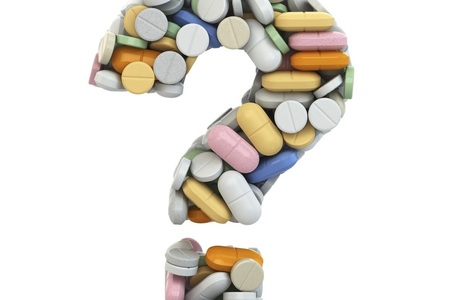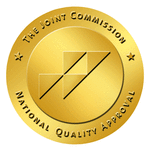Multiple Definitions Have Been Offered
In 2005 the government agency Substance Abuse and Mental Health Services Administration (SAMHSA) published its understanding of the word when it said: “Recovery from alcohol and drug problems is a process of change through which an individual achieves abstinence and improved health, wellness and quality of life.”
SAMHSA augmented that definition with 12 key principles. A few of them were:
- The person recognizes a need to change
- The process includes progressive healing and a re-definition of self
- The process takes place on a continuum, but moves toward wellness and health
SAMHSA went on to identify four key areas that contribute to recovery:
1. Health
The person in recovery needs to work toward overcoming their disease though it may be a gradual process. They also need to adopt a lifestyle that promotes physical and emotional health.
2. Home
The person in recovery needs to have a stable living environment that supports the practices of recovery.
3. Purpose
The person in recovery needs to have purpose. Having purpose yields identity and dignity. Purpose can be derived from volunteering, school, work, family responsibilities or creative pursuits. Daily purpose gives life meaning and direction.
4. Community
Community is another word for social connection. Every person has a need for love and friendship. People in recovery need a group of others around them who will offer these things along with encouragement and hope.
SAMHSA also outlines a series of principles that can be used to describe recovery.
- Holistic – involves the entire person
- Peer-supported
- Multiple pathways
- Relationship-supported
- Influenced by and based in culture
- Addresses trauma
- Includes responsibilities of the individual, family and community
- Respectful
- Based on hope
Mental health experts in the U.K. describe recovery as the ability to maintain control over one’s life while living with the reality of mental illness. This view focuses on personal resilience and the support of others. Hope is a core value in the recovery model. People are motivated to make changes because they believe it is possible to live meaningfully even with a chronic or serious mental health condition. The recovery model emphasizes the ability exert control of some parts of life even if other parts of life are beyond their control. The outlook (as opposed to a precise definition) accepts the presence of mental health symptoms but refuses to be limited or defined by them.


 RSS Feed
RSS Feed
